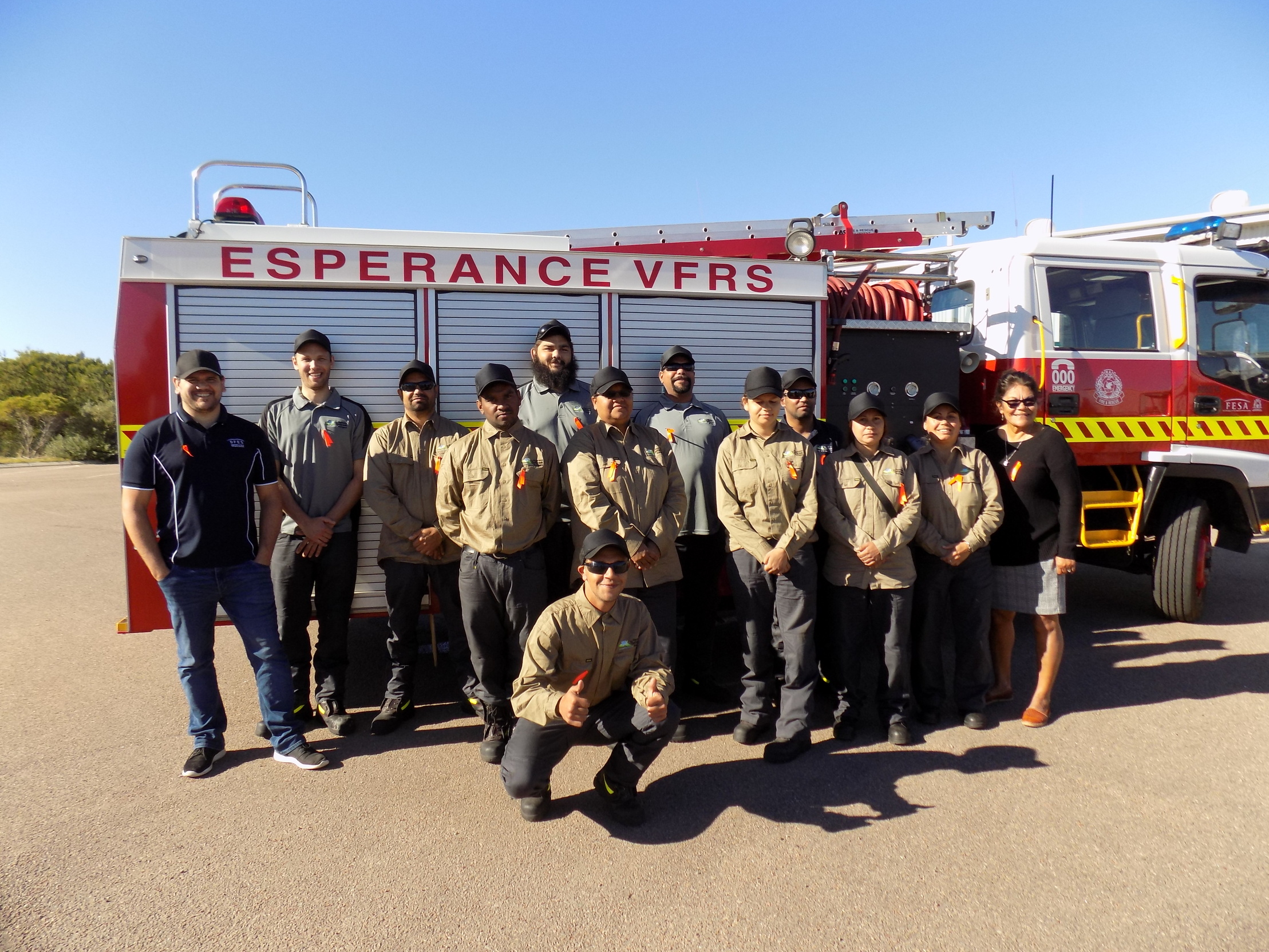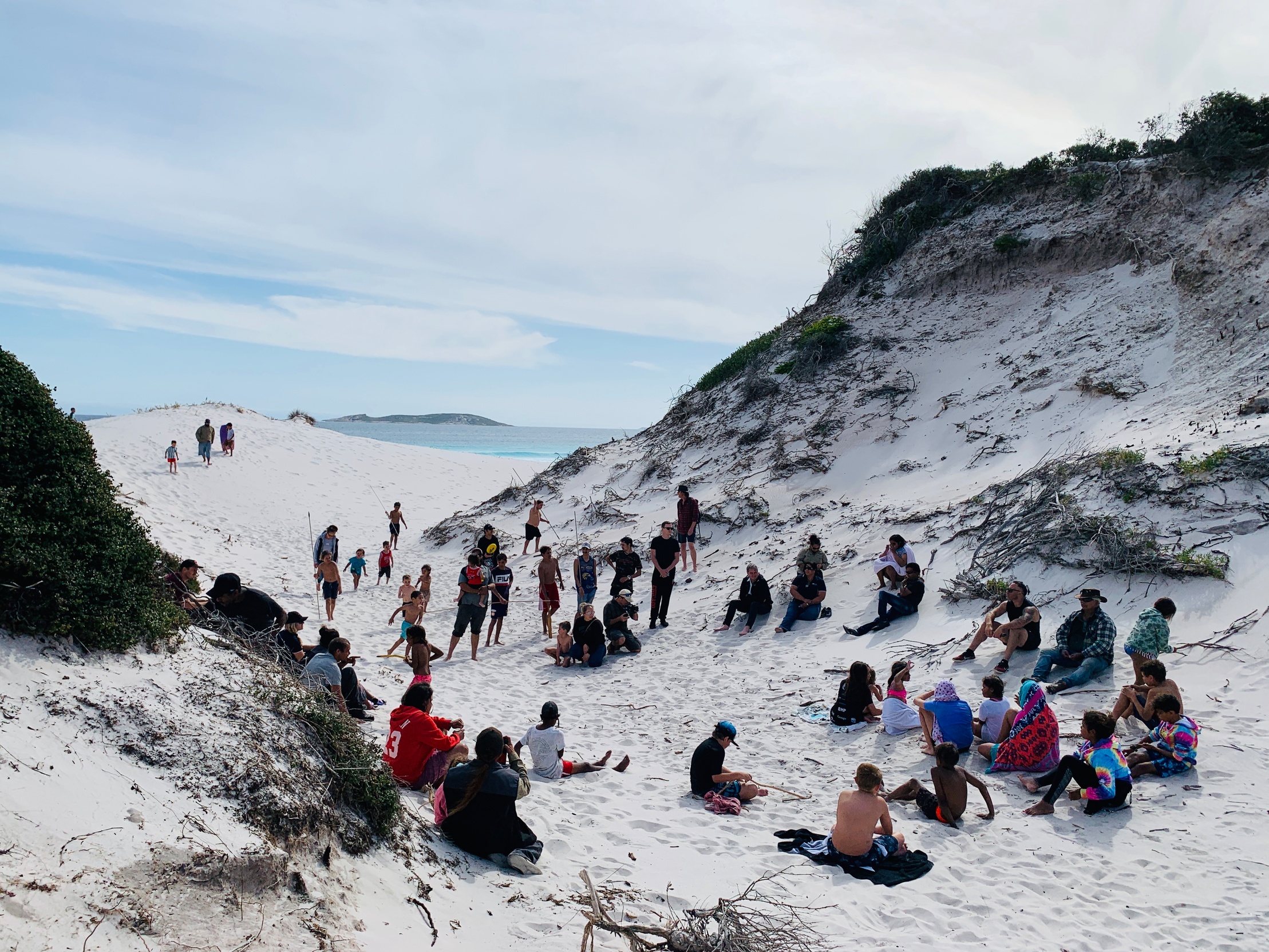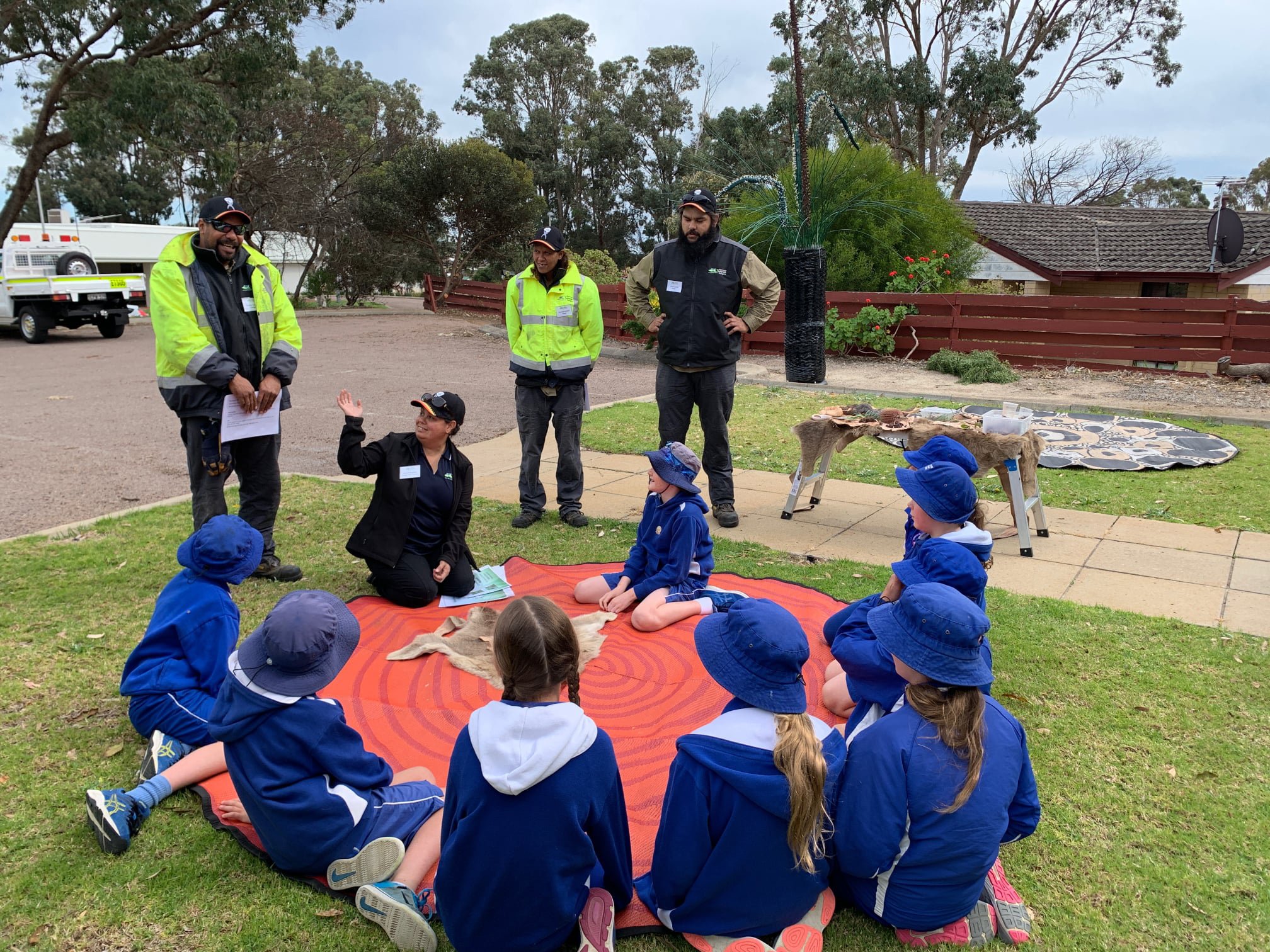Strong Culture & Community
Unique and historic
While considered part of the Noongar cultural bloc, Kepa Kurl Wudjari people have a distinct identity as acknowledged by our separate Native Title determination. In some ways, Wudjari Nyungars occupy a unique cultural and geographic frontier between the southwestern Noongar cultural bloc and the Western Desert bloc to our north and east, sharing some history with both groups but maintaining our own distinct identity.
Western Australia's southwest Kepa Kurl Nyungar Country is not only home to one of the world's oldest living cultures, but also to siginifcant biodiversity.



Rich and diverse
Over millions of years a staggering diversity of plants and animals have evolved here, many found nowhere else on earth. Kepa Kurl Wudjari country sits within the Southwestern WA eco-region, one of the World's outstanding centres of biodiversity, and one of only 25 areas designated as a Global Hotspot for Plants and Wildlife. Click on the logo below to read the article.
Our corner of this eco-region is outstanding as it includes nearly 800,000 hectares of the iconic Western Woodlands as well as rugged, magnificent, island-studded coastline and an abundance of rare and ancient sandplain communities such as the renowned Kwongkan shrublands.
Our ancestors were fortunate in the abundance and variety of the country comprising their estate. Kepa Kurl Wudjari people have lived here for thousands of generations, developing intimate and complex relationships with the land, water, seasons and cycles. Sustainable traditional economies and strong cultural mores ensured on-going stewardship of the land. Heathy country was each generation's inheritance and legacy.
Challenge and management
Unfortunately, there are significant threats to our Country's values which must be managed if our heritage is to be maintained. Not least among these are the threats posed by wildfire, Phytophthora (die-back) and climate change. Separation from our land and the loss of traditional skills and knowledge only compound these threats.
Our ancestors successfully managed country in a sustainable manner for thousands of years. Indigenous traditional ecological knowledge needs to be shared and applied if our collective future is to be bright. In the new era of Tjaltjraak, we are rebuilding our relationship with Country and rekindling cultural practices.
If you would like to know more about Kepa Kurl Wudjari culture please use the form below to get in touch.
Share
Help support us
Partner with us to make a difference.